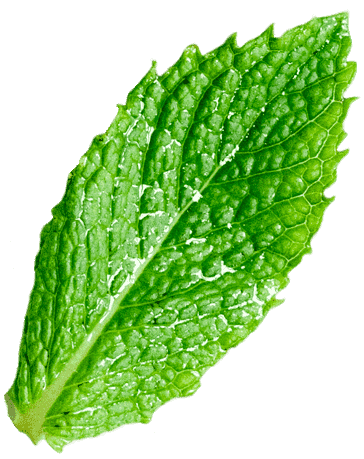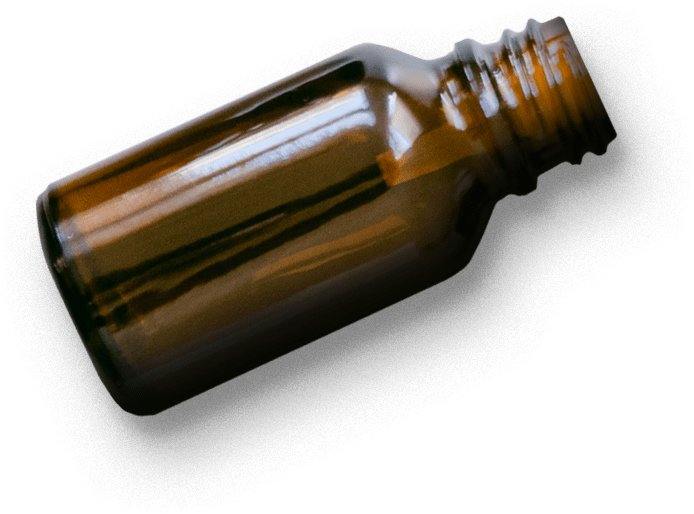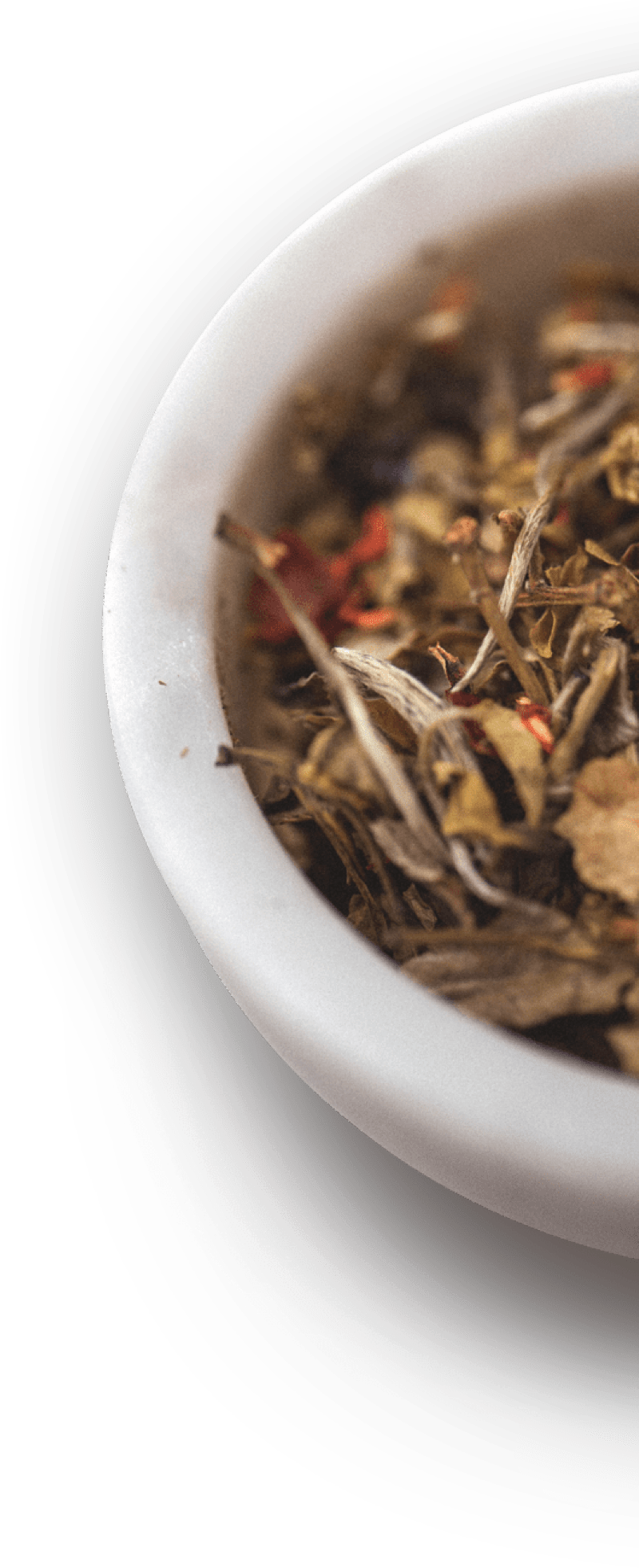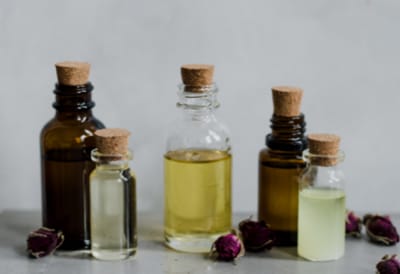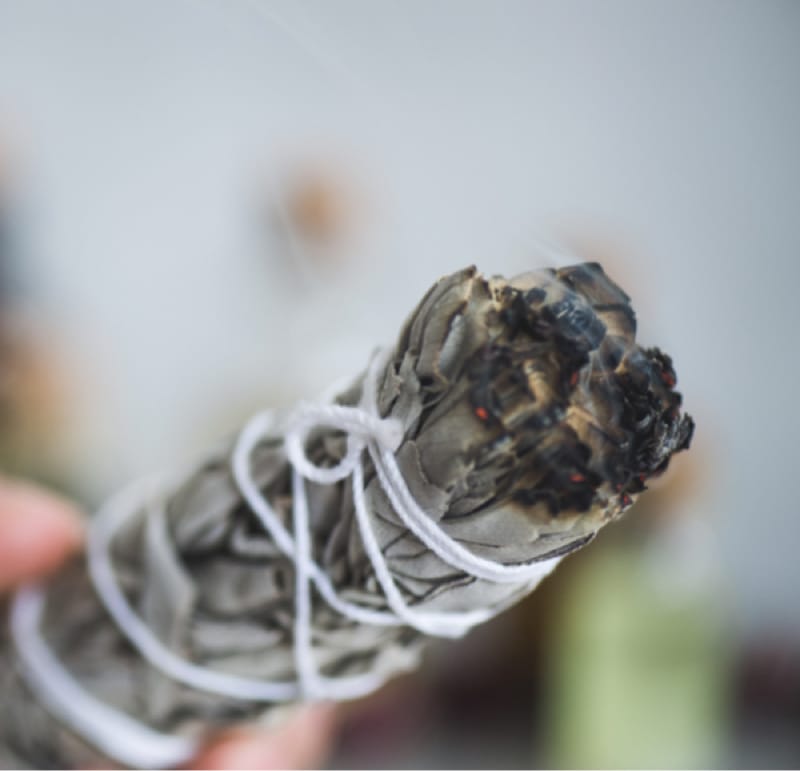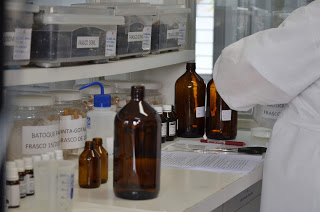
Cytokines are an important group of proteins that function as intercellular communicators. The word comes from Greek:
The connective tissue has few cells and is rich in
Thus Inflammation is part of the complex biological response of body tissues to harmful stimuli, and is a protective response involving immune cells, blood vessels, and molecular mediators, as cytokines. The function of inflammation is to eliminate the initial cause of cell injury, clear out necrotic cells and tissues damaged from the original insult, and initiate tissue repair. Therefore Inflammation is a generic response, and it is considered as a mechanism of innate immunity. Acute inflammation, the initial response of the body to harmful stimuli, is achieved by the increased movement of plasma and leukocytes from the blood into the injured tissues. The vascular component of acute inflammation involves the movement of plasma fluid containing important protein such as fibrine and antibodies into inflamed tissue. The cellular component involves leukocytes, which normally reside in blood and must move into the inflamed tissue via extravasation to aid in inflammation. Some cells act as phagocytes, ingesting bacteria, viruses, and cellular debris. Others release enzymatic granules that damage pathogenic invaders. Leukocytes also release inflammatory mediators that develop and maintain the inflammatory response.
Unlike the drugs anti-inflammatory used by allopathic medicine, which act directly on the physiological processes related to the symptoms of the disease, homeopathic medicines promote the improvement of the general state of health of the individual, stimulating his immune system to trigger appropriate responses for each situation. Thus, homeopathic treatment allows the individual to restore health and prevent disease without, however, producing the side effects experienced by many of the conventional treatments.
Figure 1 – Connective tissue


Main characteristics of connective tissue: few cells, much intercellular substance. Main components of the extracellular matrix: glycoproteins, glycosaminoglycans, and proteoglycans; major cells: undifferentiated fibroblasts, macrophages, mast cells, lymphocytes, neutrophils, eosinophils, adipocytes,
Figure 2 – Inflammation


Figure 3 – Blood vessel scheme


Blood vessel scheme with erythrocytes, leukocytes, plasma; matrix extracellular with proteoglycans and glycoproteins; arrows show the flow.


